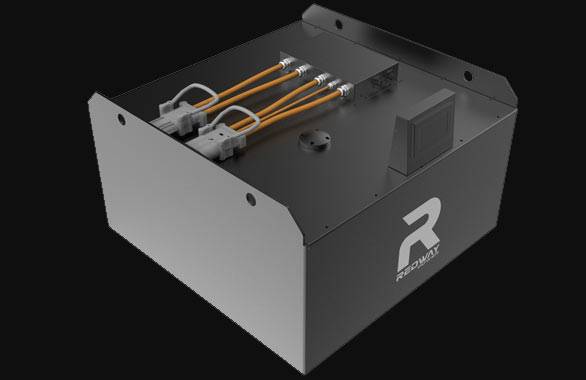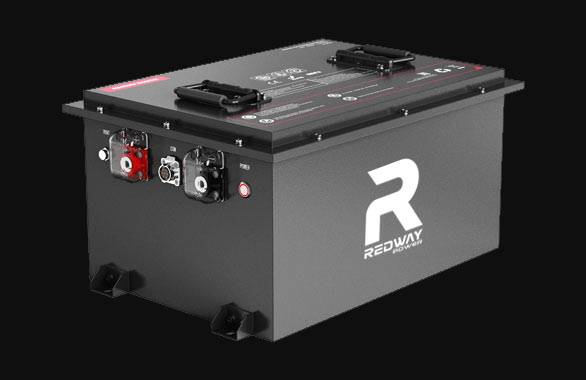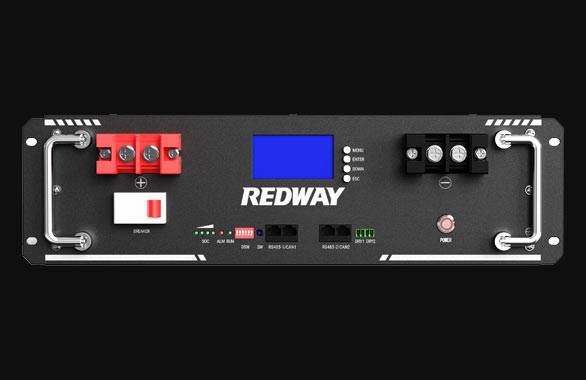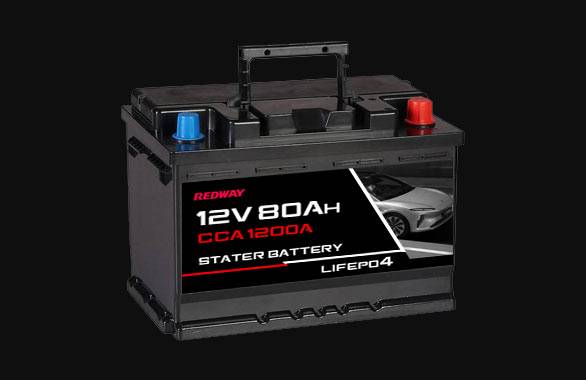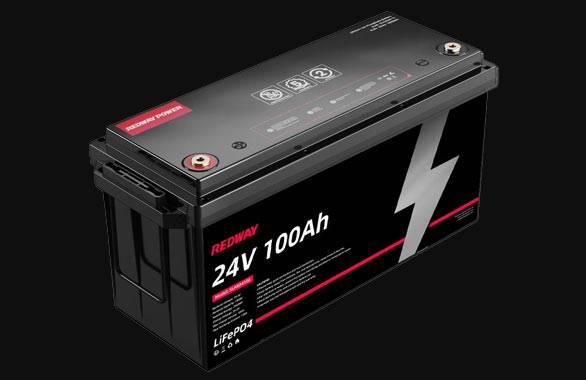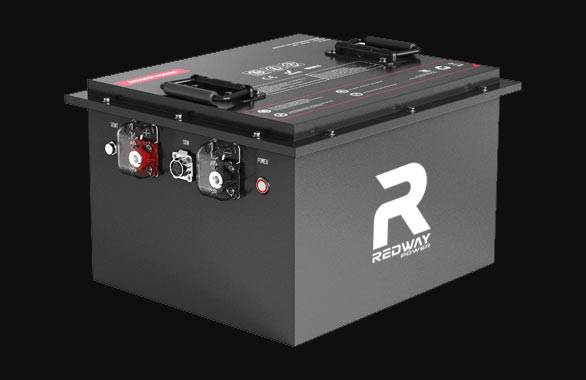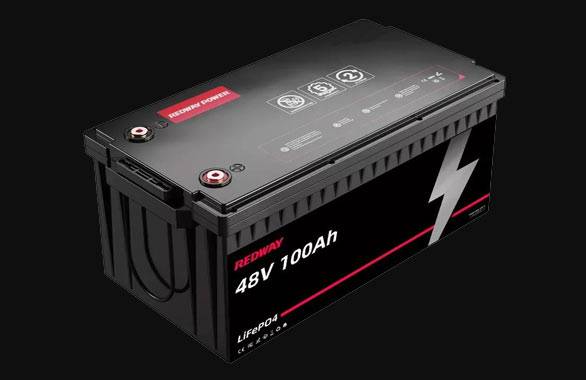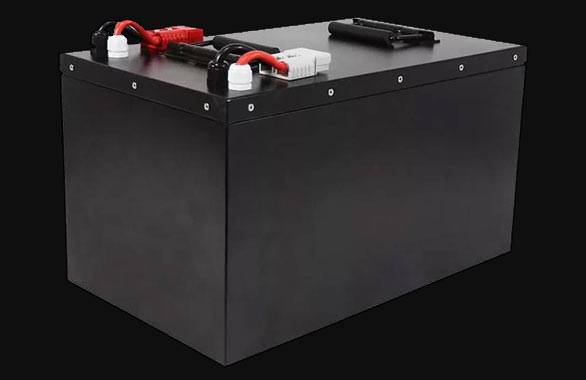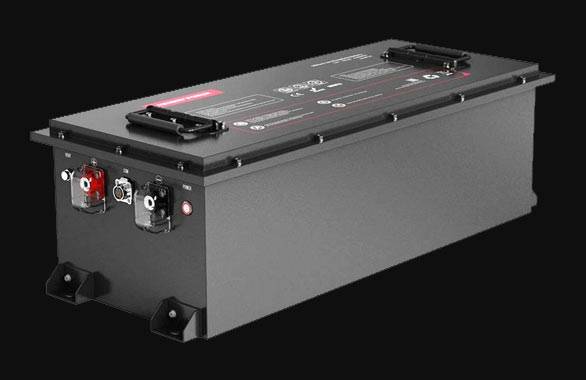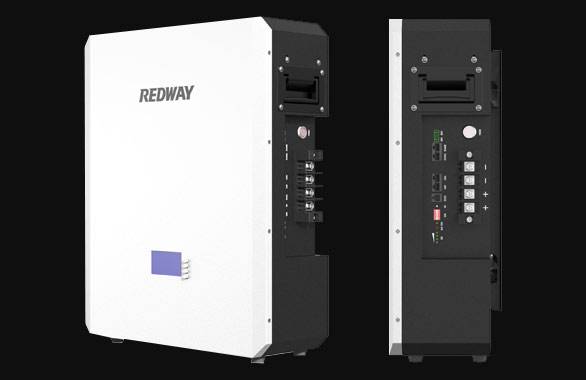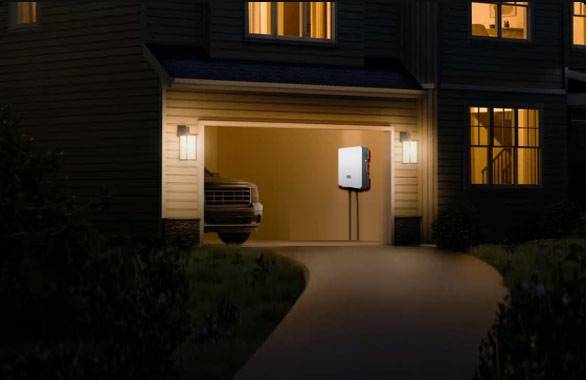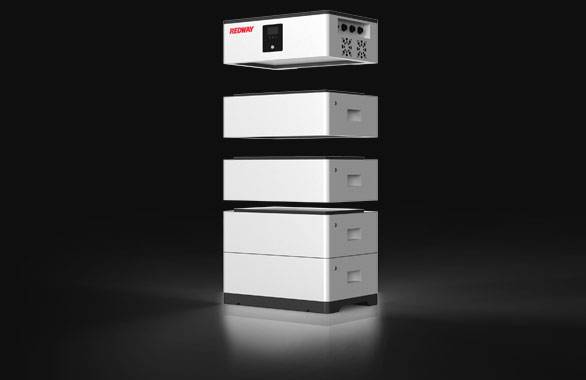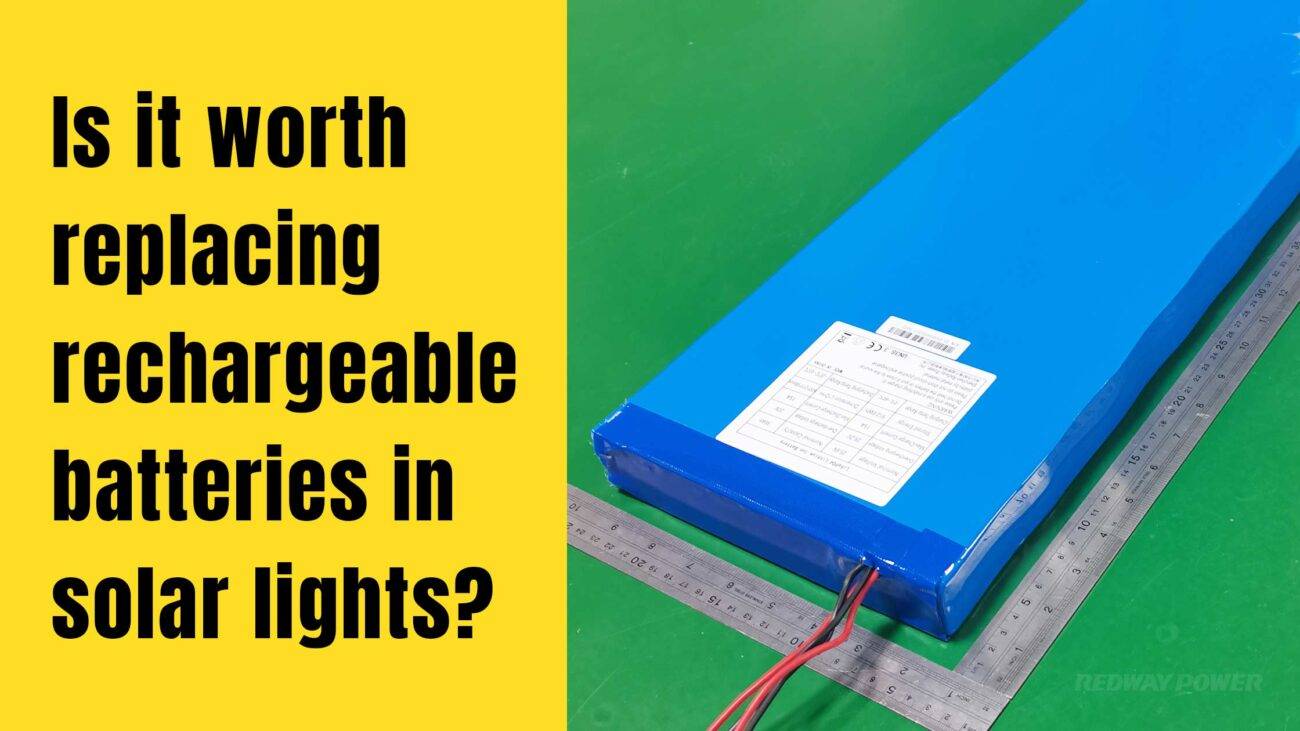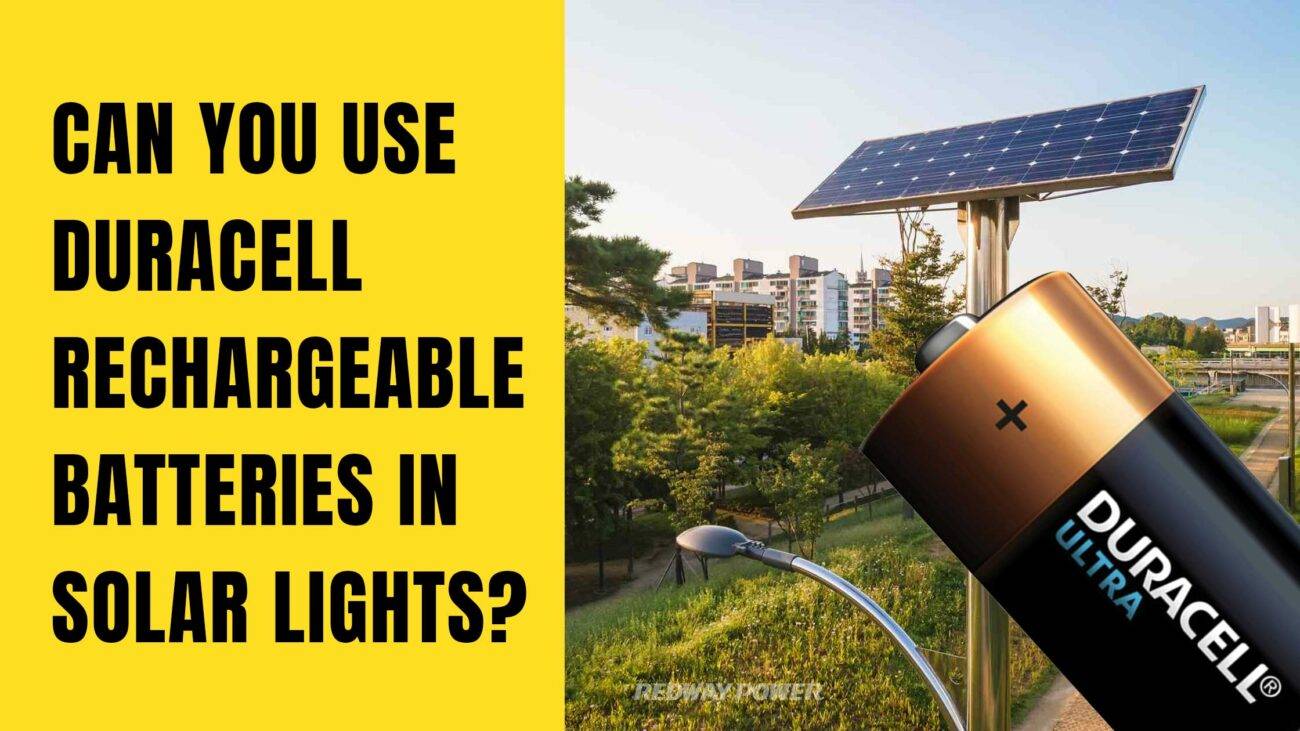- Forklift Lithium Battery
- Golf Cart Lithium Battery
- Rack-mounted Lithium Battery
51.2V 100Ah Rackmount LiFePO4 Battery
8000 times (80% DOD 0.5C)
Optional SNMP for TELECOM - Car Starter Battery
- 12V LiFePO4 Battery
12V 150Ah Lithium RV Battery
Bluetooth App | Self-heating
LiFePO4 | Group 31
UL 1642 | IEC 62619 - 24V LiFePO4 Battery
- 36V LiFePO4 Battery
- 48V LiFePO4 Battery
- 60V LiFePO4 Battery
60V 100Ah Lithium Battery (AGV, AMR, LGV)
Peak Discharge Current 400A
500 x 298 x 349 mm - 72V~96V LiFePO4 Battery
72V 100Ah Lithium Golf Cart Battery
Peak Discharge Current 315A (10S)
740 × 320 × 246 mm - Wall-mounted Lithium Battery
51.2V 100Ah 5kWh
Wall-mounted Battery532 x 425 x 170 mm / LiFePO4
>8000 Cycles (80% DOD 0.5C)
RS485 / CAN-bus
for Solar Home ESS - Home-ESS All-in-One
51.2V 32kWh
All-in-On HESS SystemPowerAll
51.2V / LiFePO4
>8000 Cycles (80% DOD 0.5C)
RS485 / CAN-bus / WiFi
All-in-One for Home ESS
Can Regular AA Batteries Work in Solar Lights?
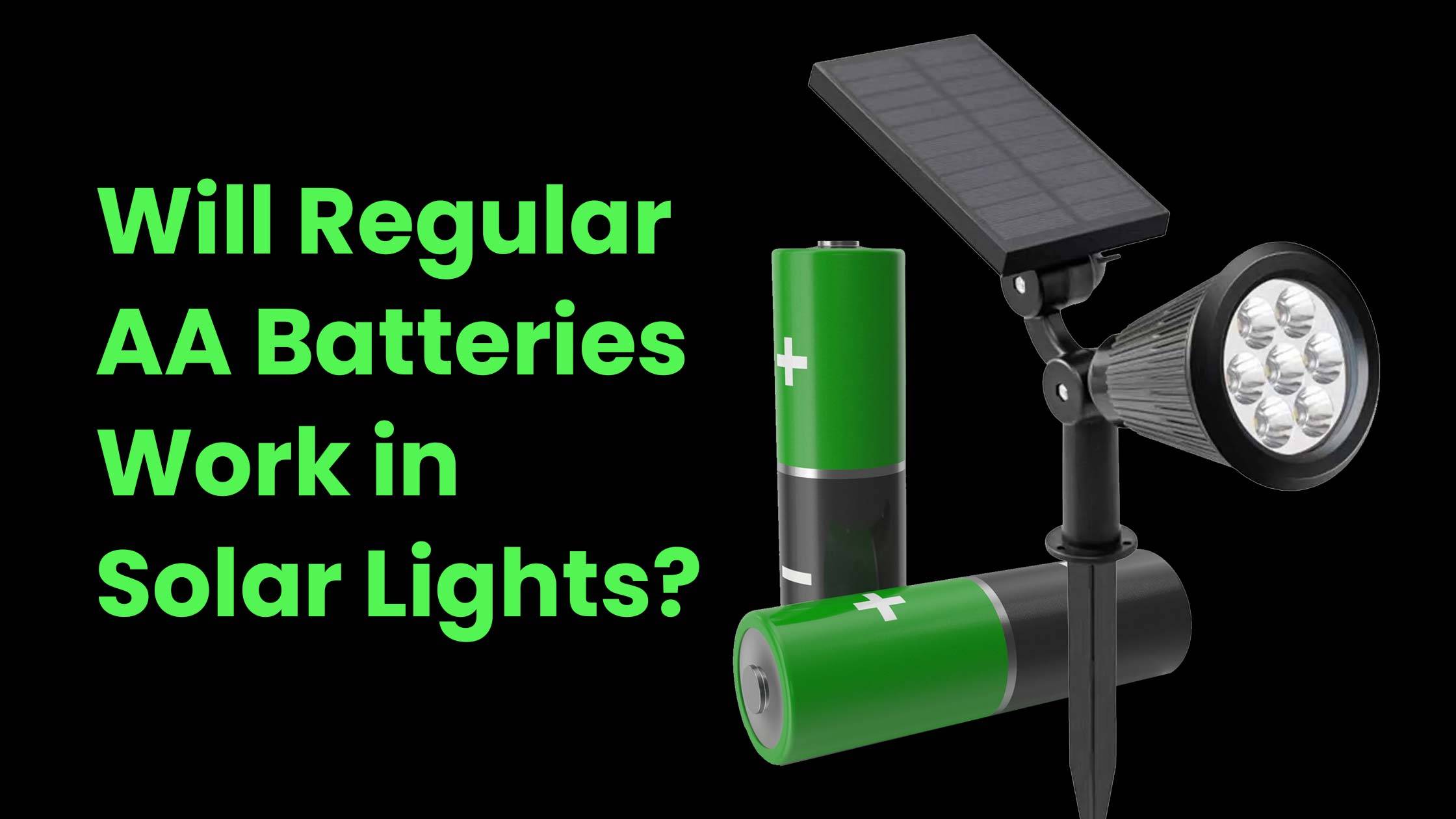
Regular AA batteries, such as alkaline types, can physically fit into solar lights but are not designed for solar charging cycles. Solar lights require rechargeable batteries like NiMH or lithium-ion, which endure repeated charging and discharging and deliver consistent power. Using regular AA batteries in solar lights leads to poor performance, shorter lifespan, risk of leakage, and potential damage to the light’s electronics.
Can Regular AA Batteries Physically Fit in Solar Lights?
Yes, regular AA batteries are often the same size as the rechargeable ones meant for solar lights and can fit physical compartments. However, fitting does not guarantee compatibility with the solar light’s charging system or optimal performance.
Why Are Regular AA Batteries Not Recommended for Solar Lights?
Regular AA alkaline batteries are not rechargeable and are prone to leakage if charged repeatedly, which commonly happens in solar lights. They cannot store energy efficiently from solar panels and degrade quickly, causing dimmer light output and risking damage to the lighting unit.
Which Types of AA Batteries Are Best for Solar Lights?
Rechargeable Nickel-Metal Hydride (NiMH) and lithium-ion AA batteries are best suited for solar lights. NiMH batteries handle frequent charge-discharge cycles well and provide good capacity, while lithium-ion batteries offer higher energy density and longer lifespan, improving overall solar light reliability and brightness.
How Does Using Regular AA Batteries Affect Solar Light Performance?
Using regular AA batteries reduces the operational runtime and brightness of solar lights. They wear out faster under solar charging conditions, leading to frequent replacements. Diminished power also causes lights to dim earlier in the evening and reduces the battery’s ability to maintain charge over cold or extended periods.
Can Regular AA Batteries Cause Damage to Solar Lights?
Yes, non-rechargeable alkaline batteries may leak acid when repeatedly recharged, corroding terminals and internal components, potentially damaging the solar light circuitry and reducing its lifespan or causing failure.
How Long Do Rechargeable AA Batteries Last in Solar Lights?
High-quality NiMH AA batteries can last several years with hundreds of recharge cycles, maintaining capacity and power output. Lithium-ion batteries offer even longer cycles and stable performance over time, supporting prolonged solar lighting functionality.
What Maintenance Tips Help Extend Battery Life in Solar Lights?
Regularly clean battery contacts, replace batteries with recommended rechargeable types annually or as needed, and ensure solar panels remain clean for efficient charging. Avoid mixing old and new batteries or different chemistries to prevent charging issues.
Are There Environmental Benefits to Using Rechargeable Batteries in Solar Lights?
Yes, rechargeable batteries reduce waste and environmental impact compared to disposable alkaline batteries. Their longer lifespan means fewer battery replacements and less pollution, aligning with solar lighting’s eco-friendly purpose.
Battery Type and Suitability Chart
| Battery Type | Rechargeable | Lifespan in Solar Lights | Leakage Risk | Environmental Impact |
|---|---|---|---|---|
| Alkaline AA | No | Short (weeks to months) | High | High (disposable) |
| NiMH AA Rechargeable | Yes | Moderate to long | Low | Moderate (recyclable) |
| Lithium-ion AA | Yes | Long | Very low | Low (recyclable) |
Redway Power Expert Views
“At Redway Power, we emphasize the critical role of battery selection in maximizing solar light performance and longevity,” explains a Redway Power battery engineer. “Our expertise in lithium battery manufacturing highlights the advantages of rechargeable chemistries tailored for renewable energy applications. Replacing disposable AA batteries with high-quality NiMH or lithium-ion rechargeable batteries enhances solar system reliability, reduces maintenance, and aligns with sustainability goals.”
Conclusion
Regular AA batteries are not recommended for solar lights due to incompatibility with solar charging cycles, risk of leakage, and shorter lifespan causing poor light performance. Rechargeable NiMH and lithium-ion AA batteries designed for solar applications deliver superior runtime, safety, and eco-friendliness. Choosing the right battery type and maintaining proper care ensures long-lasting, effective solar light operation. Redway Power’s expertise in advanced battery technology further underscores the benefits of using suitable rechargeable battery solutions for solar energy systems.
Frequently Asked Questions (FAQ)
Can regular AA batteries be used in solar lights?
They can fit physically but are not suitable for charging and quickly degrade.
What battery type is best for solar lights?
Rechargeable NiMH or lithium-ion AA batteries are recommended for durability and efficiency.
Do regular AA batteries risk leaking in solar lights?
Yes, repetitive charging causes alkaline batteries to leak, damaging the light.
How often should rechargeable batteries be replaced in solar lights?
Typically every 1-3 years depending on usage and battery quality.
Does using rechargeable batteries benefit the environment?
Yes, they reduce waste and pollution compared to disposable batteries.


